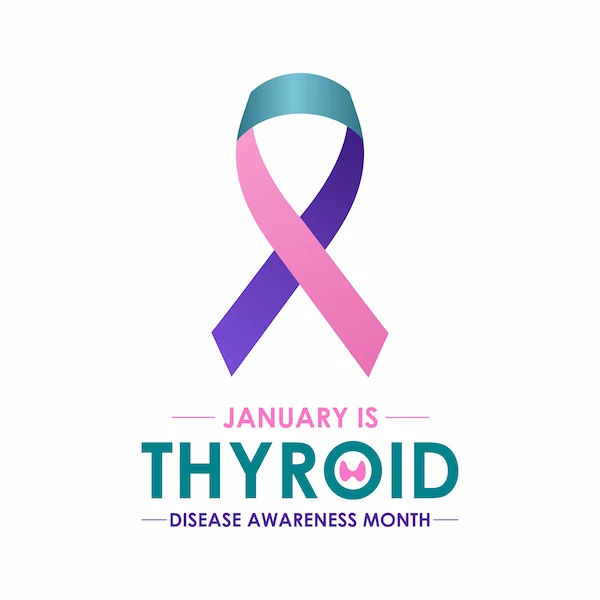Dyslipidemias: Overview of Symptoms and Treatment
Learn about dyslipidemias, a group of disorders involving abnormal cholesterol and triglyceride levels. Understand the symptoms, causes, how it affects your health and treatment options to manage lipid levels and protect heart health.

Written by Dr. Mohammed Kamran
Reviewed by Dr. Dhankecha Mayank Dineshbhai MBBS
Last updated on 25th Aug, 2025

Introduction
Dyslipidemia is a common health condition that affects the levels of fats (lipids) in your blood, including cholesterol and triglycerides. While these fats are essential for your body, having too much or too little of them can lead to serious health problems, particularly heart disease.
This article will help you understand dyslipidemia, its symptoms, causes, and how it can be managed effectively.
What is Dyslipidemia?
Dyslipidemia refers to an imbalance in blood lipid levels, which may include:
- High LDL cholesterol ("bad" cholesterol) – Can clog arteries.
- Low HDL cholesterol ("good" cholesterol) – Helps remove bad cholesterol.
- High triglycerides – Another type of fat that increases heart disease risk.
Many people with dyslipidemia don’t experience symptoms, making it a "silent" condition. However, if left untreated, it can lead to serious complications like heart attacks and strokes.
Consult a Top Heart Specialist for the best advice
Symptoms of Dyslipidemia
Most people with dyslipidemia don’t notice any symptoms until it causes other health problems. However, in severe cases, you may experience:
- Chest pain (due to blocked arteries).
- Yellowish fatty deposits (xanthomas) around the eyes, elbows, or knees.
- Fatigue or dizziness (due to poor blood circulation).
- Numbness or pain in legs (from narrowed blood vessels).
Since symptoms often appear late, regular blood tests are the best way to detect dyslipidemia early.
What Causes Dyslipidemia?
Several factors contribute to abnormal lipid levels, including:
1. Unhealthy Lifestyle Choices
- Eating too much saturated fat (found in fried foods, red meat, full-fat dairy).
- Lack of physical activity.
- Smoking and excessive alcohol consumption.
2. Medical Conditions
- Diabetes – Affects how your body processes fats.
- Hypothyroidism – Slows metabolism, increasing cholesterol.
- Obesity – Excess weight raises LDL and triglycerides.
3. Genetics (Family History)
- Some people inherit genes that cause high cholesterol, known as familial hypercholesterolemia.
4. Medications
- Certain drugs (like steroids or birth control pills) can alter lipid levels.
How Does Dyslipidemia Affect Your Health?
Uncontrolled dyslipidemia leads to:
- Atherosclerosis (clogged arteries) – Increases heart attack and stroke risk.
- Pancreatitis – Very high triglycerides can inflame the pancreas.
- Peripheral artery disease (PAD) – Reduced blood flow to limbs.
The good news? Dyslipidemia can often be managed with lifestyle changes and medications.
Treatment and Management of Dyslipidemia
Effective treatment options and lifestyle strategies to manage dyslipidemia and maintain healthy cholesterol and triglyceride levels include:
1. Lifestyle Changes
Eat a heart-healthy diet:
- Choose whole grains, fruits, vegetables, and lean proteins.
- Avoid trans fats (found in processed snacks) and limit saturated fats.
- Include healthy fats like nuts, olive oil, and fatty fish (salmon, mackerel).
Exercise regularly:
- Aim for at least 30 minutes of moderate activity (walking, cycling) most days.
Quit smoking and limit alcohol:
- Smoking lowers HDL, while excess alcohol raises triglycerides.
Maintain a healthy weight:
- Losing even 5-10% of body weight improves lipid levels.
2. Medications (If Needed)
If lifestyle changes aren’t enough, doctors may prescribe:
- Statins (e.g., atorvastatin) – Lower LDL cholesterol.
- Fibrates (e.g., fenofibrate) – Reduce triglycerides.
- Omega-3 supplements – Help lower very high triglycerides.
Always take medications as prescribed and discuss side effects with your doctor.
3. Regular Monitoring
- Get your lipid profile tested every 4-6 months if you have dyslipidemia or a family history of heart disease.
When to See a Doctor?
You should consult a doctor if:
- You have a family history of high cholesterol or heart disease.
- You experience chest pain, shortness of breath, or leg pain while walking.
- Routine blood tests show abnormal lipid levels.
Early detection and treatment can prevent complications.
Final Thoughts
Dyslipidemia may not always show symptoms, but its impact on heart health is significant. By understanding the condition and making smart lifestyle choices, you can keep your cholesterol in check and reduce health risks.
Consult a Top Heart Specialist for the best advice
Consult a Top Heart Specialist for the best advice

Dr. Anand Ravi
General Physician
2 Years • MBBS
Bengaluru
PRESTIGE SHANTHINIKETAN - SOCIETY CLINIC, Bengaluru

Dr. Tripti Deb
Cardiologist
40 Years • MBBS, MD, DM, FACC, FESC
Hyderabad
Apollo Hospitals Jubilee Hills, Hyderabad
Dr Moytree Baruah
Cardiologist
10 Years • MBBS, PGDCC
Guwahati
Apollo Clinic Guwahati, Assam, Guwahati

Dr. Zulkarnain
General Physician
2 Years • MBBS, PGDM, FFM
Bengaluru
PRESTIGE SHANTHINIKETAN - SOCIETY CLINIC, Bengaluru

Dr Nazneen Khan
Cardiologist
7 Years • M.B.B.S, M.D (MEDICINE), DrNB CARDIOLOGY
Pune
Apollo Clinic, Viman Nagar, Pune
Consult a Top Heart Specialist for the best advice

Dr. Anand Ravi
General Physician
2 Years • MBBS
Bengaluru
PRESTIGE SHANTHINIKETAN - SOCIETY CLINIC, Bengaluru

Dr. Tripti Deb
Cardiologist
40 Years • MBBS, MD, DM, FACC, FESC
Hyderabad
Apollo Hospitals Jubilee Hills, Hyderabad
Dr Moytree Baruah
Cardiologist
10 Years • MBBS, PGDCC
Guwahati
Apollo Clinic Guwahati, Assam, Guwahati

Dr. Zulkarnain
General Physician
2 Years • MBBS, PGDM, FFM
Bengaluru
PRESTIGE SHANTHINIKETAN - SOCIETY CLINIC, Bengaluru

Dr Nazneen Khan
Cardiologist
7 Years • M.B.B.S, M.D (MEDICINE), DrNB CARDIOLOGY
Pune
Apollo Clinic, Viman Nagar, Pune




